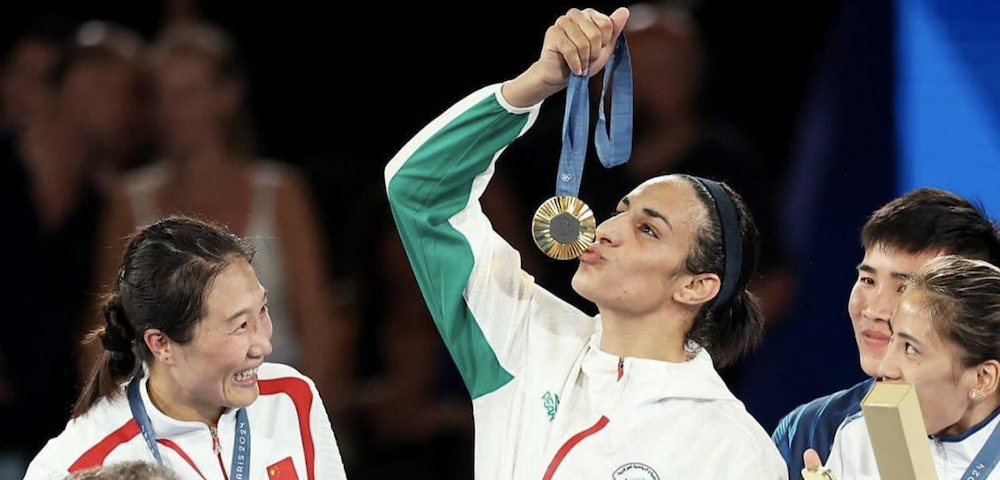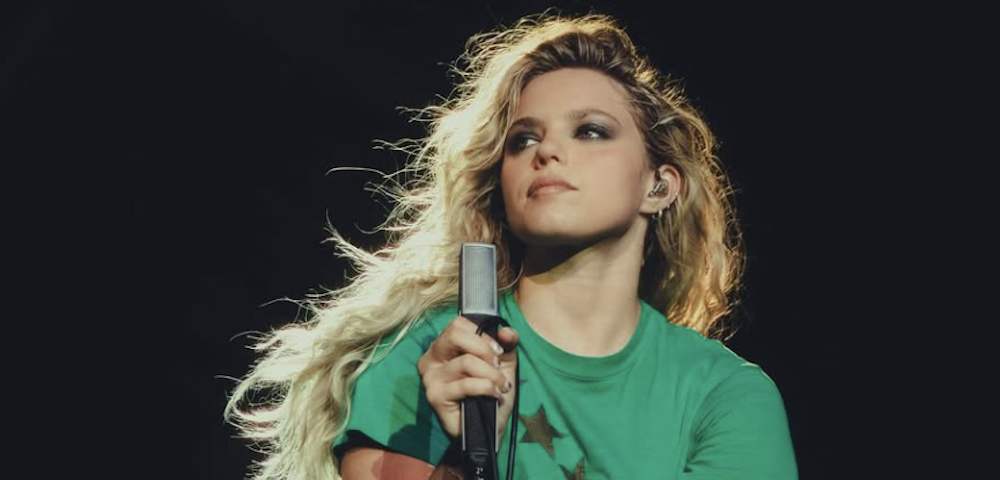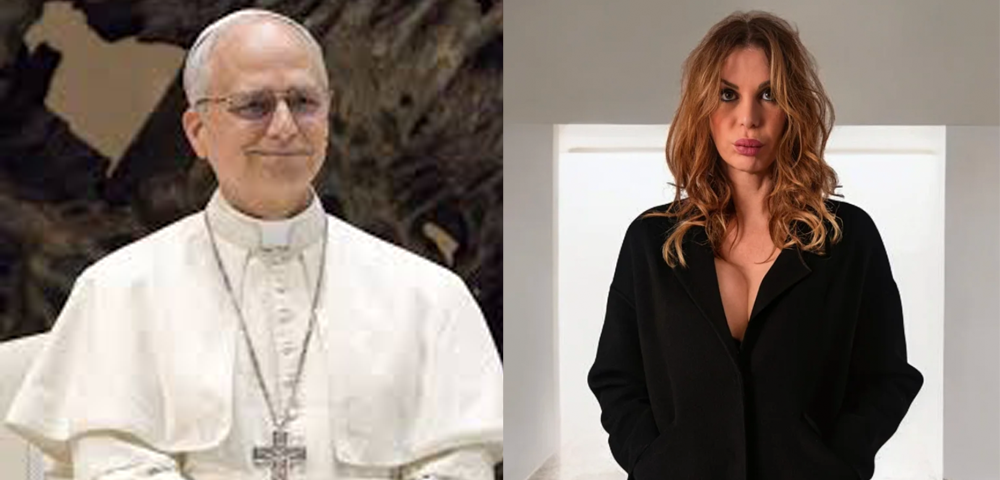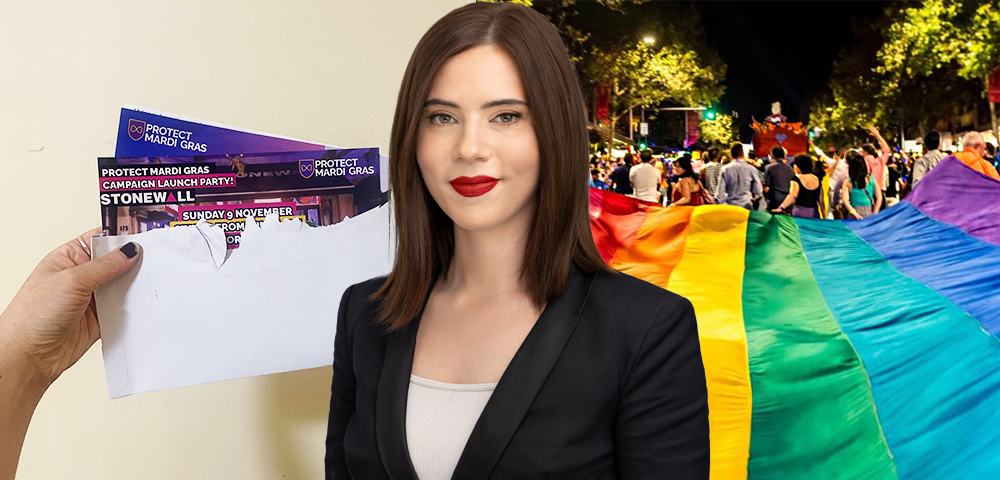
24 Years On: A Queer Brown Perspective
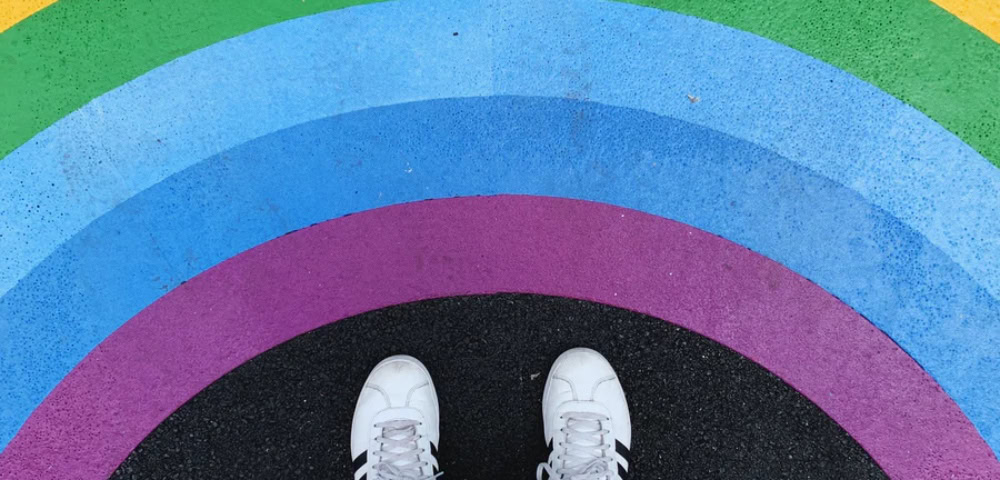
By Budi Sudarto
I arrived in Australia in 1998, and in the past 24 years, I’ve witnessed progress and changes resulting from our ongoing activism. We now have strong legal protection against discrimination, we are able to marry our partners, and despite some setbacks, allies have continued to fight alongside us to uphold our rights.
I’ve Seen Progress, But We Still Need to Do More
Yet, in some areas, our communities still need to do more to ensure the inclusion of diverse identities beyond the white, cisnormative, non-disabled LGBTIQA+ identities. As a queer brown person of faith, I’ve seen some progress, but we still need to do more to address and end racism when it comes to race relations.
When I arrived in the late 90s, the only visible images were those of white, Anglo, cis, non-disabled, and muscular gay men. Indigenous, black and brown bodies were nowhere to be seen or only presented as a ‘special feature’ to talk about diversity.
We have seen more visual representations these days, yet racist remarks can still be heard. I’ve heard (White-Anglo-European) members of our communities rave about drag queens of colour in Ru Paul’s Drag Race and, at the same time, make racist comments directed towards non-Anglo-European LGBTIQA+, both directly and subtly.
“Can’t even speak English,” one said to their peers, met with laughter and nods of agreement.
“What’s your English name?” another person said, followed by, “Your name is too difficult; I will call you xxx”.
Racism Also Happens in Multicultural LGBTIQA+ Communities
Racism also happens within multicultural LGBTIQA+ communities. Even more worryingly, some ethnic LGBTIQA+ feel that to gain acceptance from their Anglo peers, they are to replicate racist ideologies to be “one of us”.
“We have too many Asians”, said an LGBTIQA+ migrant to me, “And why do we want more brown people, they can’t assimilate!” they added, replicating a colonial ideology that to be Australian is to be white and to follow the dominant White-Anglo culture.
We all can do something to end racism. One way to do this is by reflecting on our own racist stereotypes and biases and making a commitment to end them. We can be an ally and interrupt racist comments made by our peers. And it is not about being politically correct; it is about protecting human rights the same way we want our LGBTIQA+ rights to be protected.
Budi Sudarto is a co-researcher of Navigating Intersectionality, a consultant and trainer in intersectionality and inclusion.




